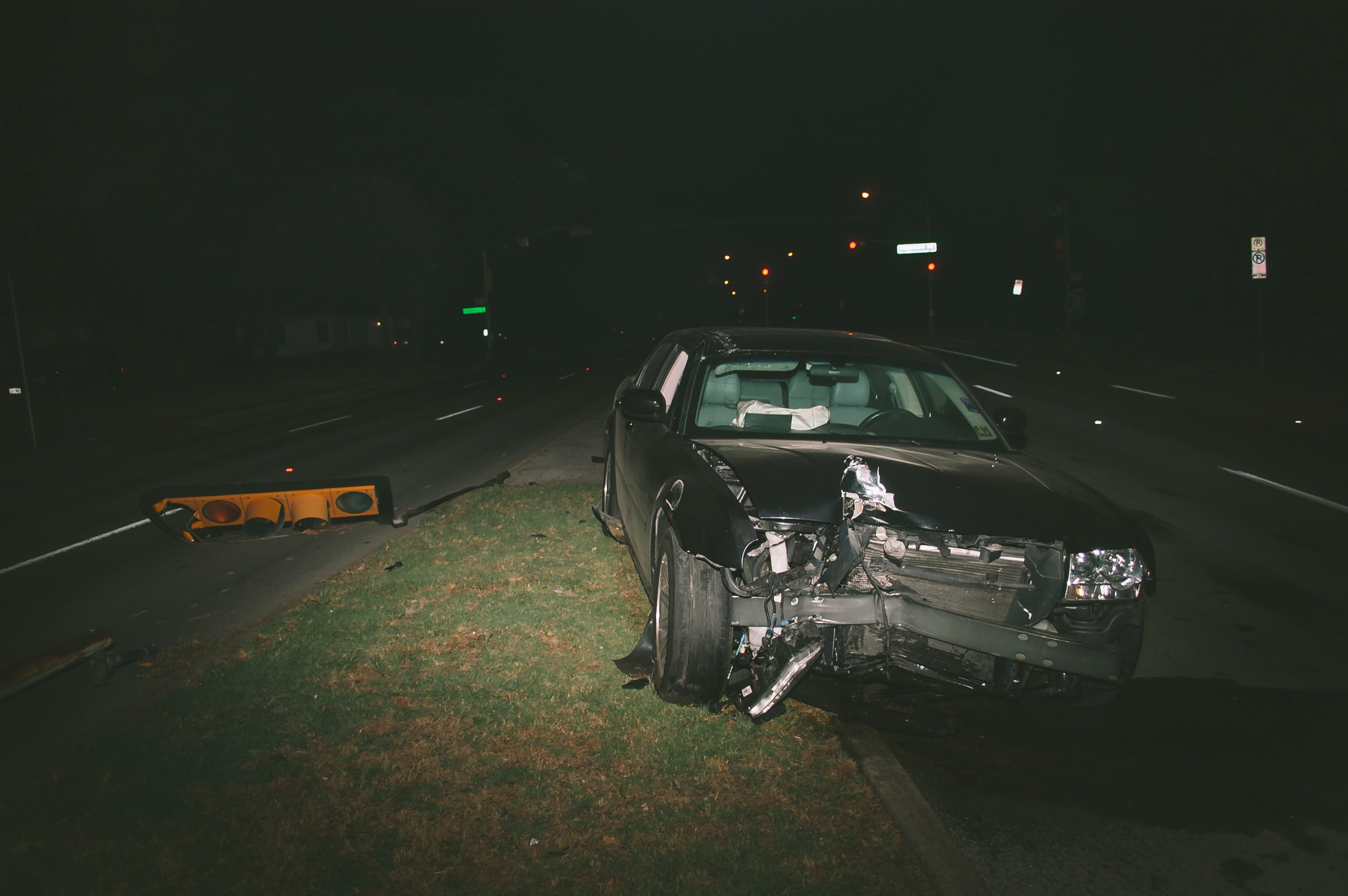In any personal injury case, the attorneys involved will be tasked with determining the level of negligence of the parties involved. If someone is deemed negligent, whether driving a car or performing surgery, they are likely going to be found liable for damages.
In regards to automobile accidents, Florida is a no-fault state. This means that if you are involved in an auto accident, your insurance company will cover your expenses – regardless of who was at fault. However, if you reach your coverage limit as per your policy and you still have unpaid medical bills, lost wages, or your life has been impacted for the long term, you may wish to pursue legal action. If this occurs, the negligence of the other party will be considered.
What is Negligence?
Negligence is defined as a failure to exercise appropriate or expected ethical care that someone else would have exercised under the same circumstances. This area of law involves harm caused when an individual fails to act with reasonable care, not taking into account the potential harm that they might foreseeably cause to other people or property. Negligence requires proof of certain elements in order to be proven.
Requirements for Negligence in Florida
Negligence while on the road, especially if you cause an accident involving other parties, would indicate that you are less careful than the general population. For instance, sipping coffee while driving may not be deemed negligent, as most of the general population may do so. But attempting to read emails while driving is likely to be deemed negligent by any standards. Regardless of the circumstances, if you are facing negligence in a court of law, the following elements must be shown:
- There was a legal duty to exercise care, such as driving on a public road
- There was a failure to exercise that duty, such as driving while drunk
- The failure to exercise care harmed others, such as an accident, property damage and injuries.
- The failure to exercise care was the actual cause of the injuries which occurred
All of the above elements must be present for a negligence claim to be admissible in a Florida court.
There can be many contributing factors in an auto accident, and multiple drivers may be found negligent in the same incident. The State of Florida utilizes a legal doctrine known as “pure comparative fault.” In cases involving multiple parties, the court or insurance company will determine the percentage of each party’s fault. An individual can only be awarded damages in proportion to their determined level of negligent behavior. For instance, if you were determined to be 25% at fault for the accident, and you were awarded $10,000 in damages, you can only collect $7,500 – the amount of the award minus your percentage of blame. This comparative fault rule allows parties to an incident to recover damages even if they were partly at fault.
At the scene of an accident, the negligent driver may seem evident. But attorneys and insurance companies will research the situation before deciding a case, and the situation may turn into a complex legal case. If you were involved in a car accident where comparative negligence and blame are being disputed, you may wish to call an attorney.
Probinsky & Cole are personal injury attorneys serving Sarasota, Brandon and Orlando. We are here to help.








